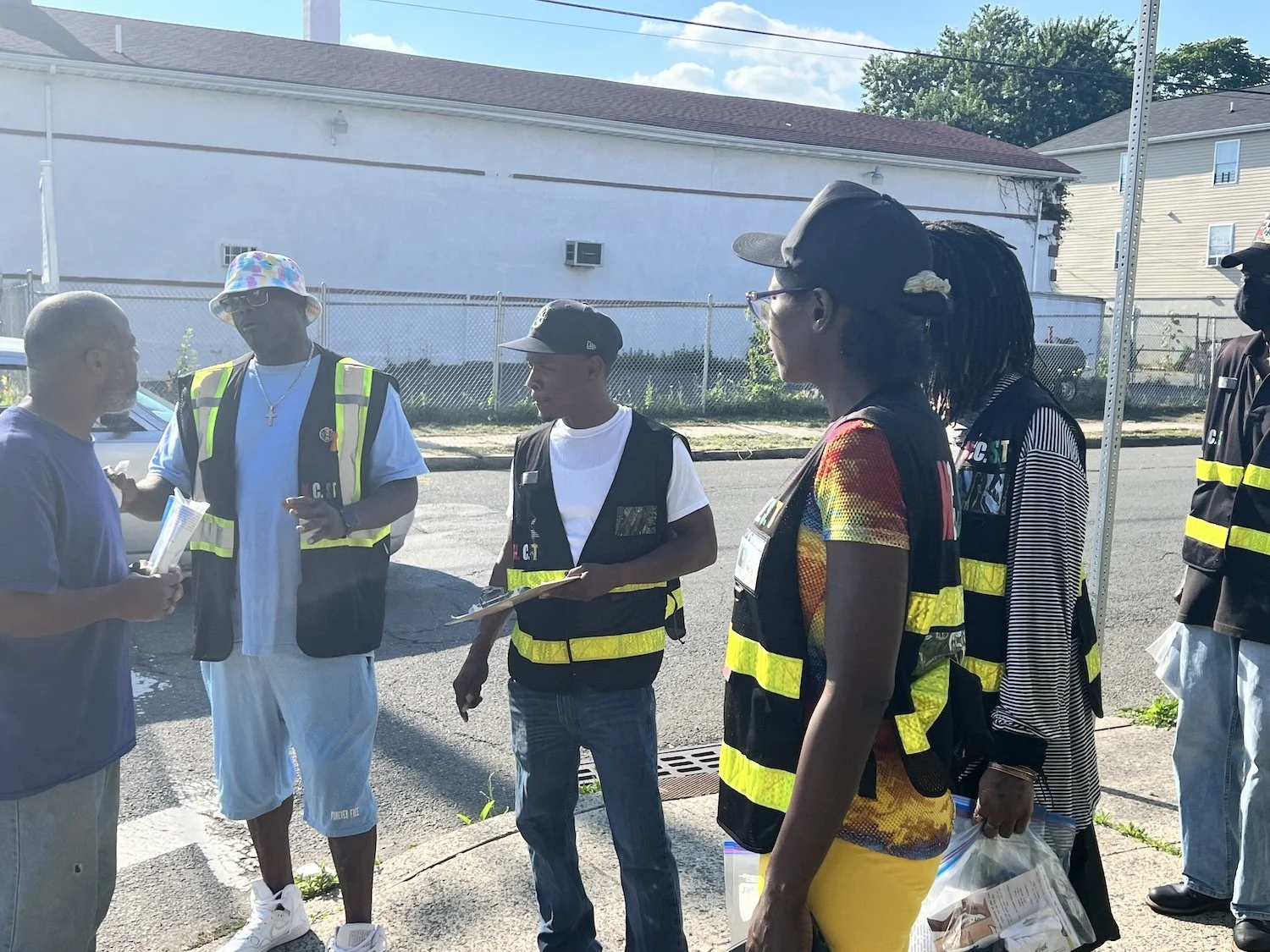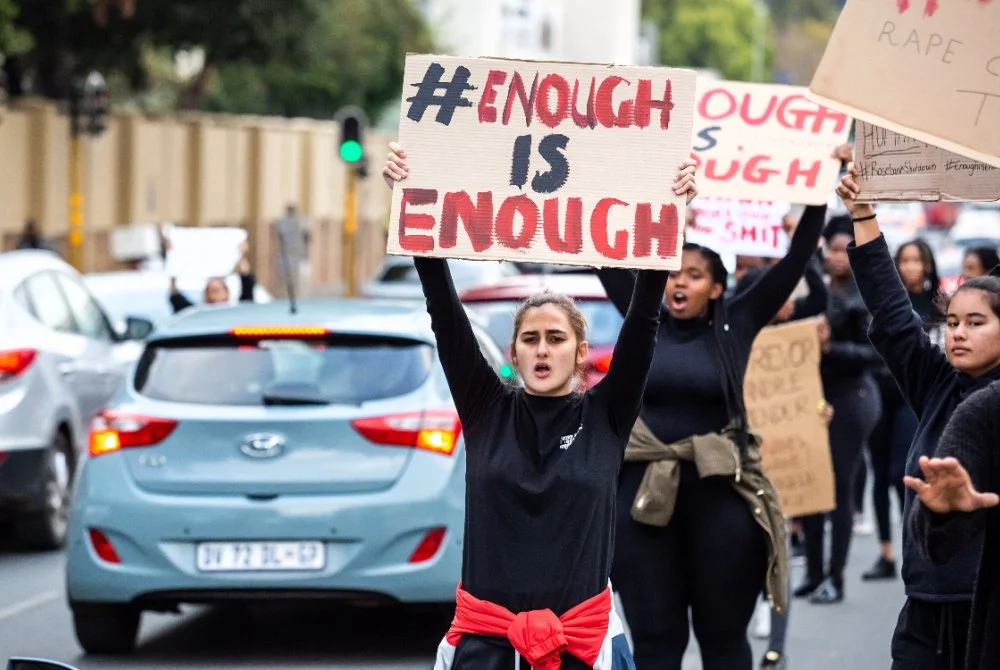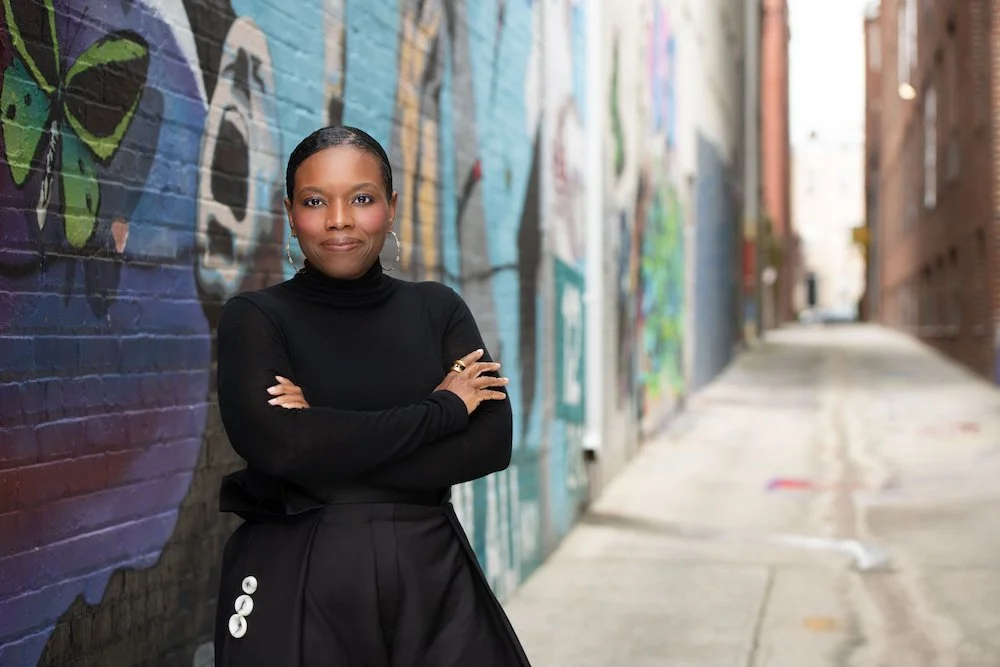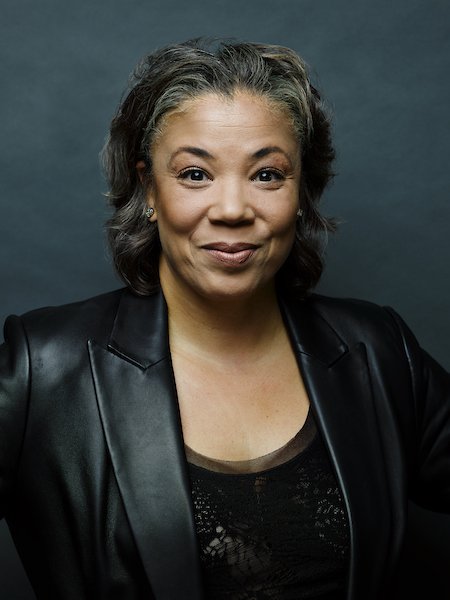After Staff and Budget Cuts, a Policy Group is Looking to Ramp Up its Fundraising
/The Drug Policy Alliance’s managing director of development, Ellen Flenniken. Only a handful of grant makers want to tackle drug law reform, says Flenniken. “There are so few institutional funders in this area. It has been a third-rail issue."
Emerging from a months-long effort to right-size its organization and trim its budget, the Drug Policy Alliance is now focusing on expanding fundraising returns and pursuing its mission of advancing policies and attitudes that best reduce the harms of both drug use and drug prohibition.
One of the biggest problems the Drug Policy Alliance sees in its work to reform drug laws and prevent overdose deaths is criminalization. The advocacy group wants to change the way institutions respond to the drug crisis, moving away from locking people up toward health interventions.
“Recently incarcerated people are nearly 130 times more likely than those in the general population to die of an overdose within two weeks of being released from custody,” says Ellen Flenniken, the organization’s lead fundraiser, citing 2015 data released by the Northeastern University School of Law. “Incarceration compounds the problem,” she adds.
But the war on drugs, including a high number of prison sentences even for non-violent offenses, is proving hard to overcome, Flenniken says. There were more than 1.4 million arrests for drug possession in 2017, according to statistics from the Federal Bureau of Investigation’s uniform crime report. Nearly half of those 2017 arrests were for marijuana, even though it had been legalized in four more states the previous year.
Flenniken’s former colleague Anthony Papa says that her grasp on the latest statistics and her deep understanding of drug-related issues make her effective at raising money for the Drug Policy Alliance, which receives around $12 million in contributions annually. Flenniken’s previous experience in political campaigns and ballot initiatives is also a big help.
One fundraising challenge faced by the Drug Policy Alliance: “There are so few institutional funders in this area,” Flenniken says. Drug law reform, she adds, “has been a third-rail issue.”
But the greatest financial challenge confronting the drug reform organization came recently, as executive director Maria McFarland Sanchez-Moreno, in her job for less than two years, faced a multi-million-dollar shortfall. By eliminating 17 positions, closing two of the organization’s state offices in New Jersey and Colorado, and downsizing a third in New Mexico as the Drug Policy Alliance’s fiscal year ended last month, McFarland was able to trim the organization’s budget from $15 million down to $12 million. “This was an extremely painful process,” she says of the staff cuts. “But we had to get on a sustainable financial footing.”
As the Drug Policy Alliance worked on ballot initiatives that succeeded in legalizing marijuana use in several states, McFarland explains, the organization received substantial donations from 2014 to 2016 that have since dried up. Along with the staff and budget cuts, she says, the organization has been restructured to better meet current needs such as fighting the dramatic increase in drug overdoses.
To date, the Drug Policy Alliance’s largest gifts have come from financier George Soros, who sits on the Drug Policy Alliance’s board. In 2012, he committed $50 million over 10 years through his Open Society Foundations. With Soros’s support, the Drug Policy Alliance has helped to repeal mandatory minimum drug sentences, increased access to sterile syringes, dismantled marijuana prohibition, and helped change public perceptions of the drug war.
The Drug Policy Alliance’s second-largest grant is a two-year, $2.3 million award from Arnold Ventures, the foundation of Laura and John Arnold, a former hedge fund manager.
The Libra Foundation, the grantmaking entity of a Pritzker family member, is another major institutional donor and one of a few foundations with a stated interest in drug policy reform.
Soros, Arnold and Libra contribute approximately $6.5 million annually to the Drug Policy Alliance, while the remainder of contributions comes mostly from major donors, foundation grants, and some 12,000 members who make modest gifts. (Some individual donors ask the Drug Policy Alliance to establish a memorial page online to accept donations in the name of a loved one who has died from a drug overdose, now the nation’s leading cause of accidental death.)
While the number of members who belong to the Drug Policy Alliance has fluctuated, their lifetime value in terms of the total amount they donate is far above the national average. For example, among donors who contribute less than $100 per year, people who give to the Drug Policy Alliance donate a total of $233.33 compared to only $43.93 nationally, according to statistics compiled by the Fundraising Report Card, which collects and compares giving statistics from nearly 5,000 nonprofit organizations.
In addition, the advocacy group raises about $500,000 every two years when it convenes the International Drug Policy Reform Conference, the biggest conference of its kind, which draws about 1,500 attendees from 80 countries. The 2019 conference will take place in St. Louis, Missouri.
Flenniken wants to increase fundraising returns by getting more long-term commitments from donors and diversifying revenues. One opportunity to achieve that will come as the Drug Policy Alliance celebrates its 20th year in July of next year with an anniversary fundraising campaign that will focus on securing multi-year contributions and planned gifts. To induce people to make those types of gifts, Flenniken is now looking for a donor who will match new multi-year and planned giving commitments.
“It’s my singular mission,” she says, “to find the next generation of visionaries who have the power to end the war on drugs, once and for all.”







































